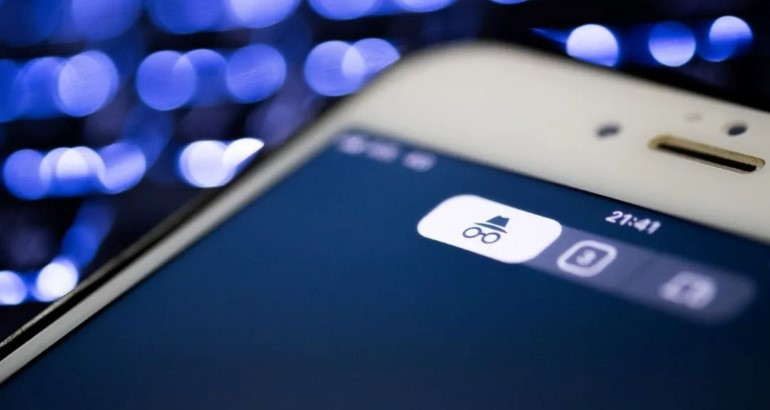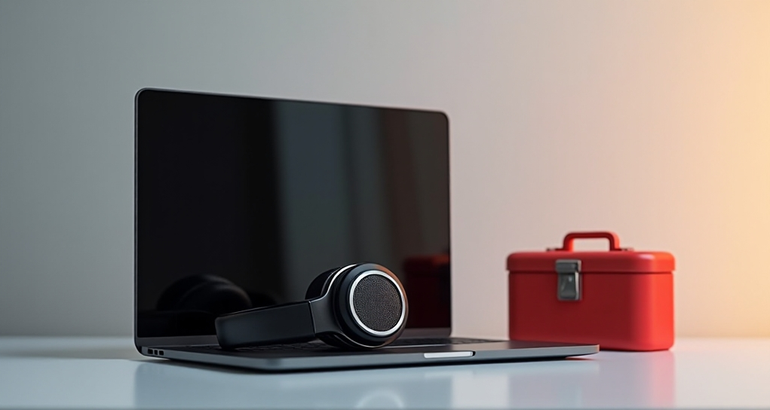My phone is being tracked? How can I stop it?

- Privacy
- Online threats





Overview
Your phone may be tracked by unknown entities such as advertisers, app developers, hackers, or government agencies. They may want to access your personal information, location data, browsing history, shopping habits, etc., in order to target you with customized ads, provide personalized services, steal your assets, or monitor your activities. These tracking behaviors not only violate your privacy rights but also endanger your safety and credibility.
Contents
How do websites and apps track your phone?
How can your phone be tracked?
Methods to prevent websites and apps from tracking you
How do websites and apps track your phone?
① Advertising ID
This is a unique number used to identify your phone and your activity on other companies' apps and websites. The advertising identifier can help advertisers target ads or evaluate ad performance.
② Cookies
These are small text files stored in your browser that record the websites you've visited and your preference settings. Cookies can help websites remember your login status or shopping cart contents and can also be used to track your browsing history and interests.
③ Web Beacons
These are invisible images or code embedded in web pages or emails that send a signal to servers when you open them, indicating that you've viewed the content. Web beacons can be used to track your reading habits and click-through rates and can be combined with cookies to collect more information.
④ Fingerprinting
This is a technique that generates a unique identifier using the features of your phone device and browser, such as screen resolution, operating system, and fonts. It is used to track your online activities and can bypass cookie deletion or disablement, making it harder to detect and block.
⑤ Phone Number
This is information that directly connects to you and is requested or verified by some websites and apps. Phone numbers can be used to send messages or make calls, push ads to you, or lure you into clicking malicious links. Phone numbers can also be associated with other data sources to reveal your name, address, social media account, etc.
How can your phone be tracked?
① Tracking by Phone Number
This is a method of determining the approximate location of a phone using its phone number and usually requires the cooperation of the operator or law enforcement. The accuracy of this method is affected by signal strength, base station distribution, etc. and generally can only locate within a city or region.
② Mobile Location Tracker
This is a method of monitoring phone location and activity by installing third-party software or hardware. This method requires the installation of a corresponding application or device on the target phone and requires obtaining the target phone's authorization or consent. This method can track the location of the phone in real-time, call records, SMS content, social media activity, etc.
③ Use of Mobile Trojan Horse
This is a method of stealing phone information and controlling phone functions by implanting malicious programs, usually used for cybercrime, espionage, etc. This method does not require the target phone's authorization or consent, only needs to induce the target phone user to click on malicious links or download malicious attachments, etc., and can quietly run Trojan horse programs in the background. This method can steal sensitive data such as the phone user's location, contacts, photos, videos, passwords, etc., and can remotely activate the camera, microphone, recording, and other functions.
④ Use of Phishing
This is a method of luring phone users to input personal information or download malicious files by forging legitimate websites or applications, usually used to steal account passwords, bank card information, etc. This method requires creating a phishing website or application that is very similar to the real website or application and needs to be sent to the target phone user through email, SMS, social media, etc., to lure them to click or download. This method can obtain the phone user's login credentials, ID card number, credit card information, etc.
Methods to prevent websites and apps from tracking you
① Tracking Protection
Some browsers, such as Microsoft Edge, provide tracking protection that can detect and block potential harmful trackers. You can decide which trackers to block or create exceptions for some trusted websites.
② VPN
VPN (Virtual Private Network) can establish an encrypted tunnel between your phone and the internet to protect your data from being stolen or tampered with. VPN can also hide your IP address, preventing websites and apps from targeting ads based on your location. There are many VPN services to choose from, such as MetroVPN , which is a fast, and secure VPN application that allows you to access any website and application anytime and anywhere.
③ Browser Extension
Some browser extensions can help you block advertisements, trackers, and malicious software, enhancing your privacy protection and network security. For example, uBlock Origin is an open-source lightweight browser extension that can intercept various types of advertisements and trackers, and provide custom filtering rules.
④ Clearing Browser Cache
The browser cache refers to website data stored locally by the browser, such as images, videos, text, etc., to speed up web page loading. However, this data may also contain some sensitive information, such as cookies, browsing history, form fills, etc., which may be used by some websites or third parties to track your behavior or steal your information. Therefore, regularly clearing the browser cache is a good habit that can reduce the risk of being tracked.






